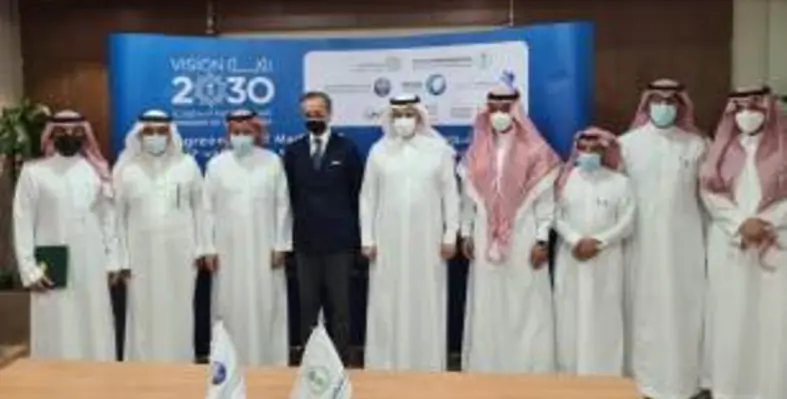ACCIONA, along with its local partners Tawzea and Tamasuk, has been awarded the financing, construction and 25-year operation of the Madinah-3, Buraydah-2 and Tabuk-2 sewage treatment plants in Saudi Arabia
These new contracts, awarded by the state-owned Saudi Water Partnership Company (SWPC), are worth a combined US$1bn.
These are the first BOOT/EPC (Build, Own, Operate and Transfer / Engineering, Procurement and Construction) contracts that ACCIONA has signed in the area of wastewater treatment in the Middle East.
The Madinah-3 wastewater treatment plant (WWTP) will be located in Medina, the fourth most populated city in Saudi Arabia with more than 1.1 million inhabitants, and will have a capacity of 200,000 m3/day (expandable to 375,000 m3/day) to treat urban wastewater. ACCIONA will be responsible for the facility?s development, design, financing, construction, operation and maintenance for 25 years.
The group will also build 23 kilometers of recycled water collectors for irrigation, three storage tanks and the respective pumping stations.
The Buraydah-2 (150,000 m3/day) and Tabuk-2 (90,000 m3/day) sewage treatment plants are located in rural areas in the central and northern regions of the country, respectively, and will serve one million inhabitants.
ACCIONA will develop, design, finance, construct and operate these two facilities for 25 years and will also build 34 kilometers of recycled water collectors for Buraydah-2 and another 28 kilometers of collectors for Tabuk-2.
With these new contracts, ACCIONA strengthens its position as a key company in Saudi Arabia?s water sector, where the group has developed important desalination projects.
In the southwest of the country, on the Red Sea coast, ACCIONA is currently developing the Shuqaiq1 and Shuqaiq3 desalination plants, which will have a treatment capacity of 400,000 cu/m per day, and 450,000 cu/m per day, respectively.







